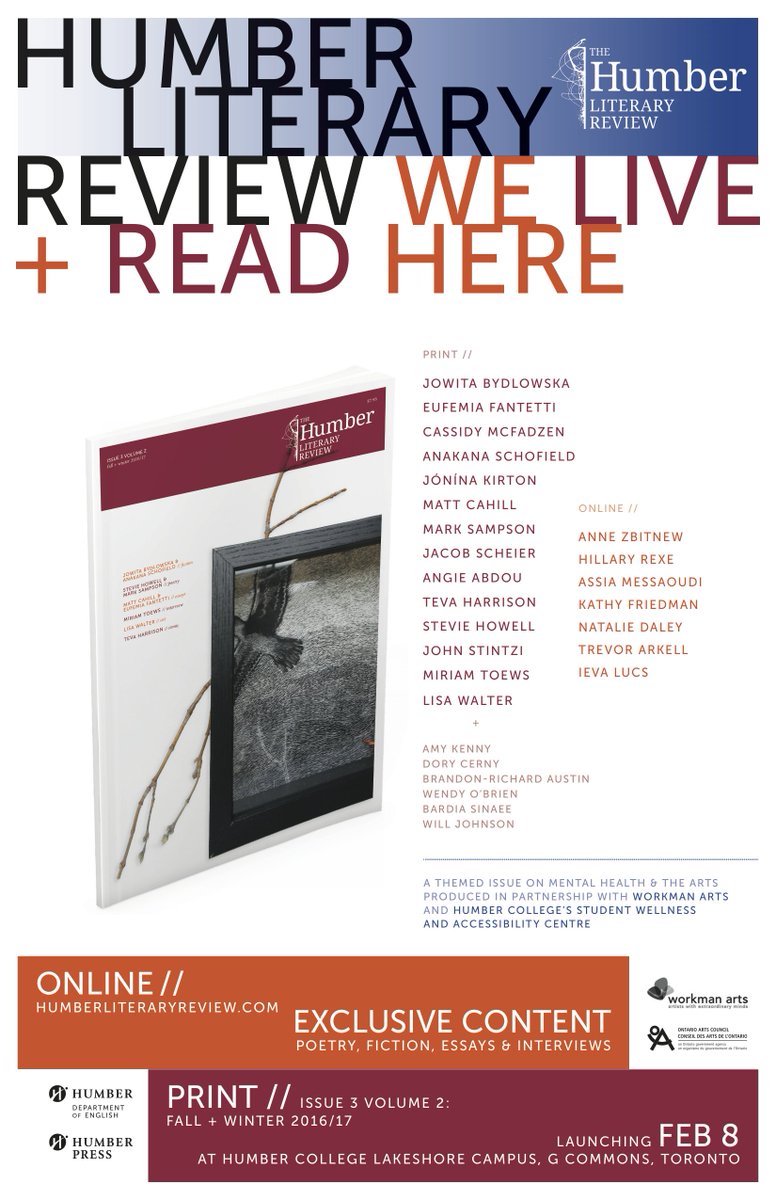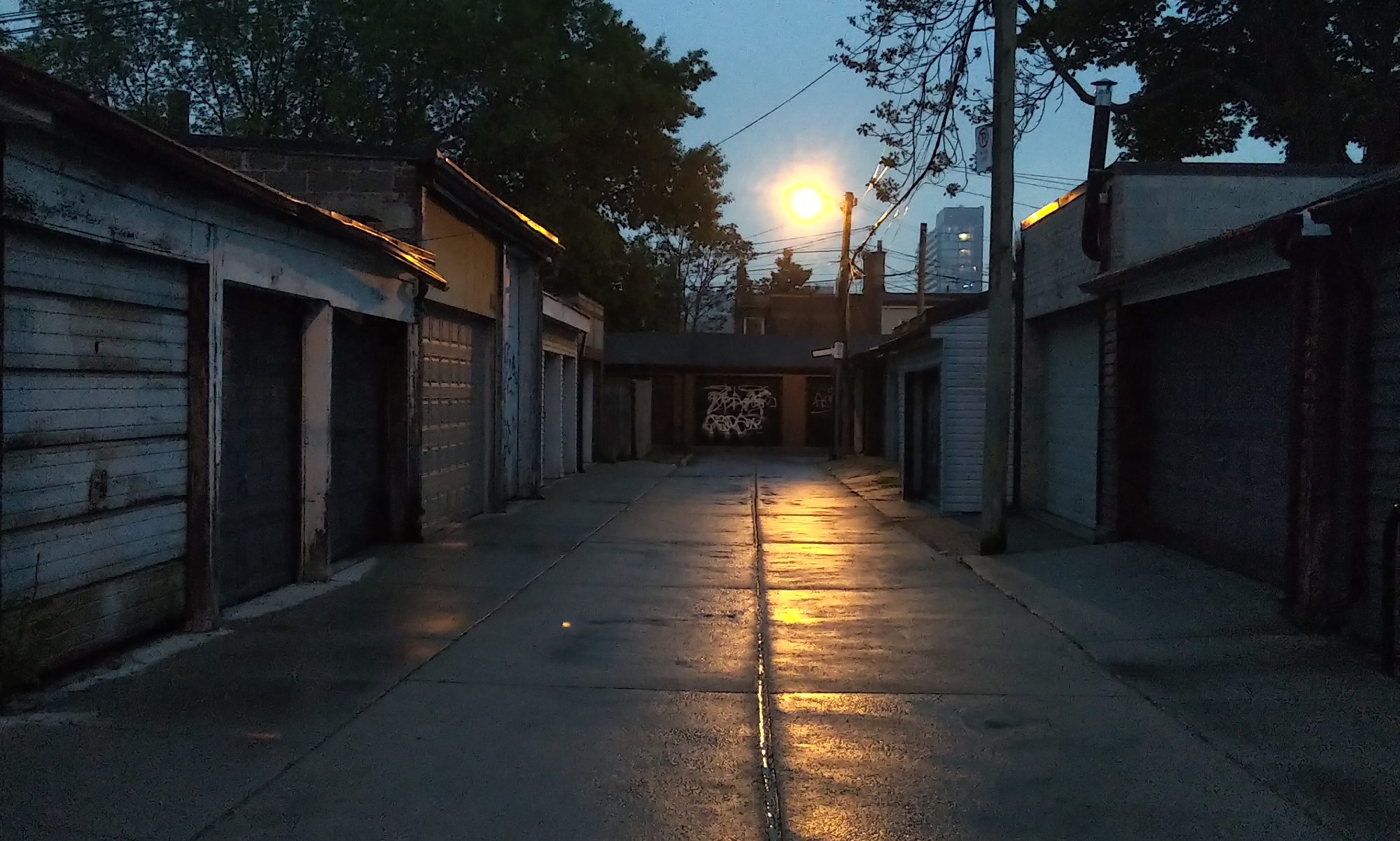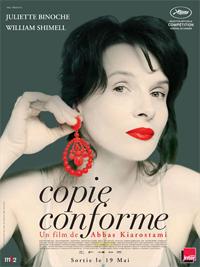Everyone is waiting for the zombie genre (in books, television, and particularly film) to whither away like a desiccated corpse. I argue that it’s here to stay – that, in fact, it has stronger legs (ugh) than most other genres of the macabre.
The dread of zombies imagined – the tiredness some of us feel with each iteration (Pride and Prejudice and Zombies, The Walking Dead, Zombieland) – is understandable. Less understandable than with vampires, but understandable still. There are too many zombie and zombie-like (for the record, 28 Weeks Later is not, strictly-speaking, a zombie film, yet it more or less qualifies itself by virtue of many shared) themes in books, shows, and movies these days. But I would argue that it’s because – due to our increased connectedness to each other via the Internet and social media – we are exposed to real life zombies. Thematic zombies. Metaphorical zombies. And the exposure stands to increase.
A shitload of people voted for a complete ass to be the mayor of Toronto. A shit. Load. Mind you, not many who lived downtown did. Still, it was a rout. People like me – people who prize intelligent discourse over pot shots, people who would prefer to be ruled by someone with an informed conscience rather than a bullet-list of to-dos – were incredulous. It didn’t even matter what quadrant of the political spectrum Rob Ford occupied: he was the last person any reasonably well-informed person would have wanted. And yet he won in spades.
Thematic zombies. Metaphorical zombies. The dread of zombies.
Who voted for him? Who can say that they “understand” him? Are they too not also zombies by virtue of his succession to the throne of city council? Faceless, nameless, godless, conscience-less hordes hefted Mr. Ford to office, and we stand here still – a year later – asking ourselves just what the hell happened, watching the circus of political buffoonery before our eyes.
Lest this become a solely personal treatise, isn’t this the same for everyone? Aren’t we witnessing “zombie activity” in other guises: large groups of seemingly nameless, faceless, godless, conscience-less hordes blindly enabling things we fundamentally disagree with but are powerless to dispell? For me it’s the rise of Rob Ford, for others it could be the Occupy movement. For others still, it could be the revolution in Tahrir Square. The massive, faceless but powerful other. The faceless, godless, conscience-less hordes…with agency.
Thematic zombies. Metaphorical zombies. The dread of zombies.
No, it is not going away. Make popcorn.




 When I saw that David Hyde Pierce was going to be in a movie where he got to play a villainous dinner host, I thought it had everything going for it. When, later, I saw
When I saw that David Hyde Pierce was going to be in a movie where he got to play a villainous dinner host, I thought it had everything going for it. When, later, I saw  For someone like myself, who makes his living working in film, it would seem perilous to declare a “favourite” Canadian filmmaker. However, it’s a no-brainer that one of them is Denis Villeneuve. Ever since I saw his Genie award-winning
For someone like myself, who makes his living working in film, it would seem perilous to declare a “favourite” Canadian filmmaker. However, it’s a no-brainer that one of them is Denis Villeneuve. Ever since I saw his Genie award-winning  Certified Copy is certainly in the running for one of the best films I have seen in 2011. You would not guess this by looking at the poster or the anonymity of its title. Two things do stand out to me immediately: actor Juliette Binoche and director Abbas Kiarostami. Binoche is one of the greatest of her generation, able to transform herself at will. Kiarostami is not a household name but is nonetheless a master of intimate cinematic storytelling (A Taste of Cherry). Certified Copy is about an English writer (William Shimell) and a French art dealer (Binoche) who spend the day in Tuscany together. He is there on a book tour, and she is there ostensibly as his handler.
Certified Copy is certainly in the running for one of the best films I have seen in 2011. You would not guess this by looking at the poster or the anonymity of its title. Two things do stand out to me immediately: actor Juliette Binoche and director Abbas Kiarostami. Binoche is one of the greatest of her generation, able to transform herself at will. Kiarostami is not a household name but is nonetheless a master of intimate cinematic storytelling (A Taste of Cherry). Certified Copy is about an English writer (William Shimell) and a French art dealer (Binoche) who spend the day in Tuscany together. He is there on a book tour, and she is there ostensibly as his handler.